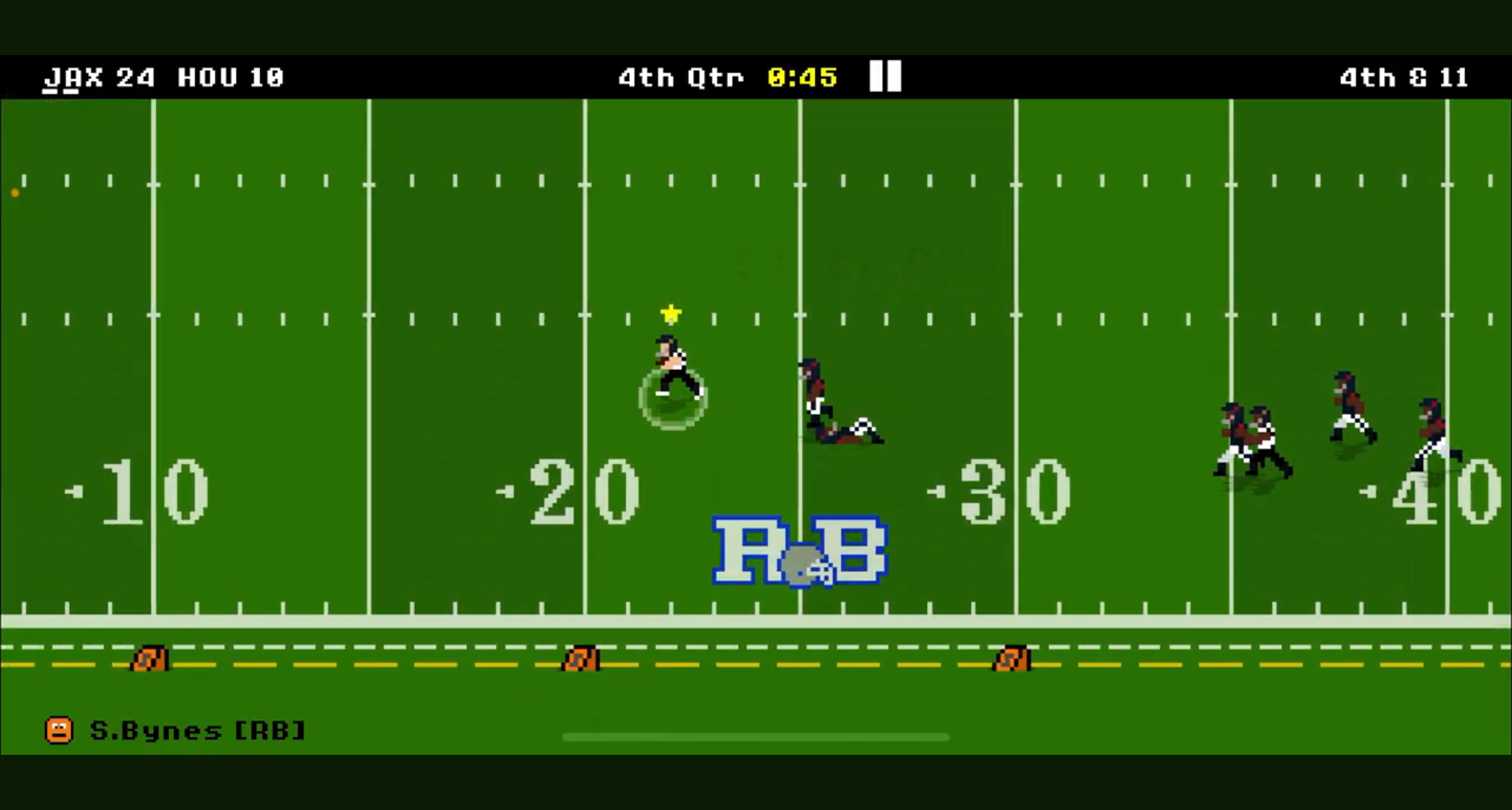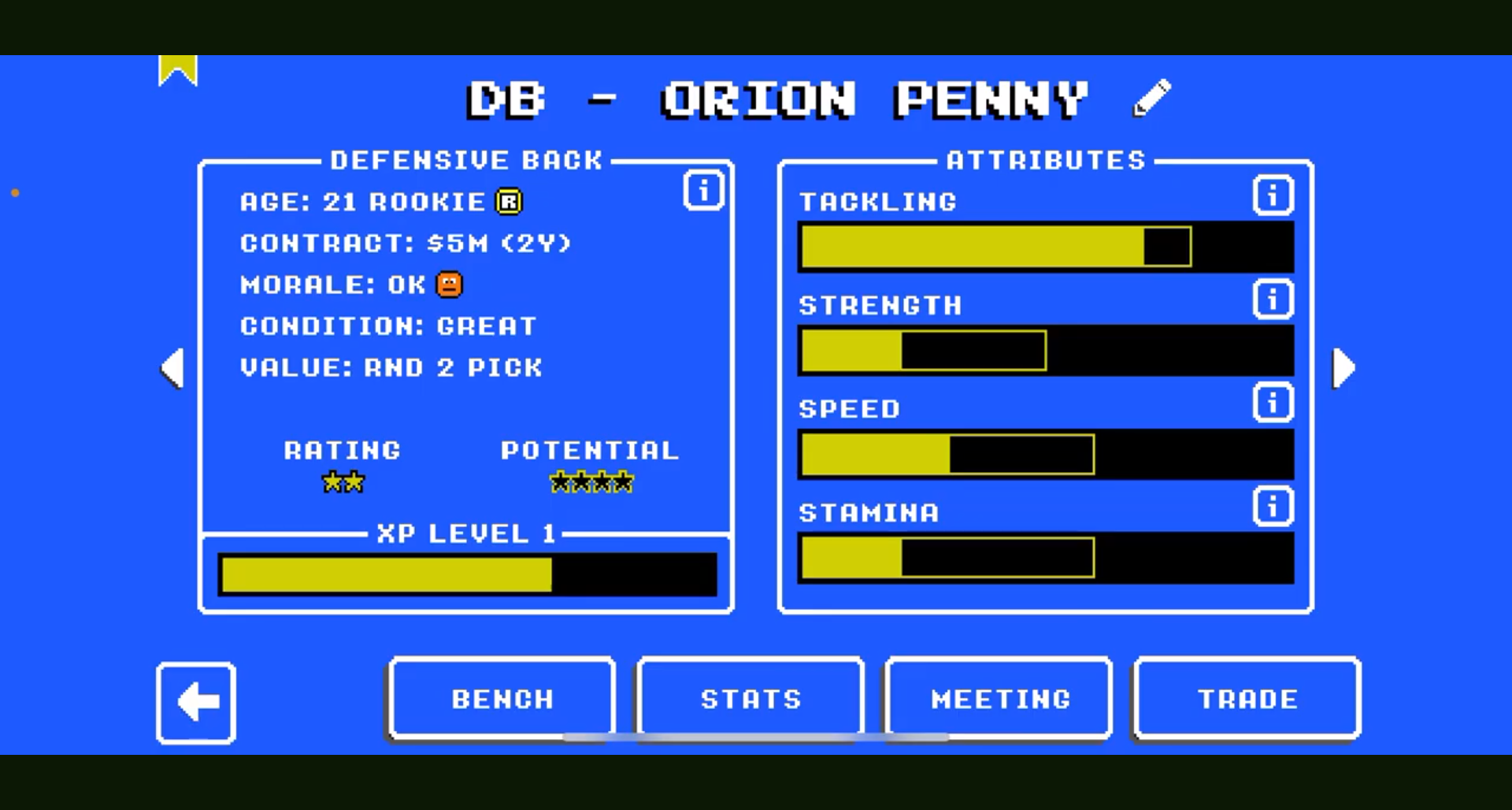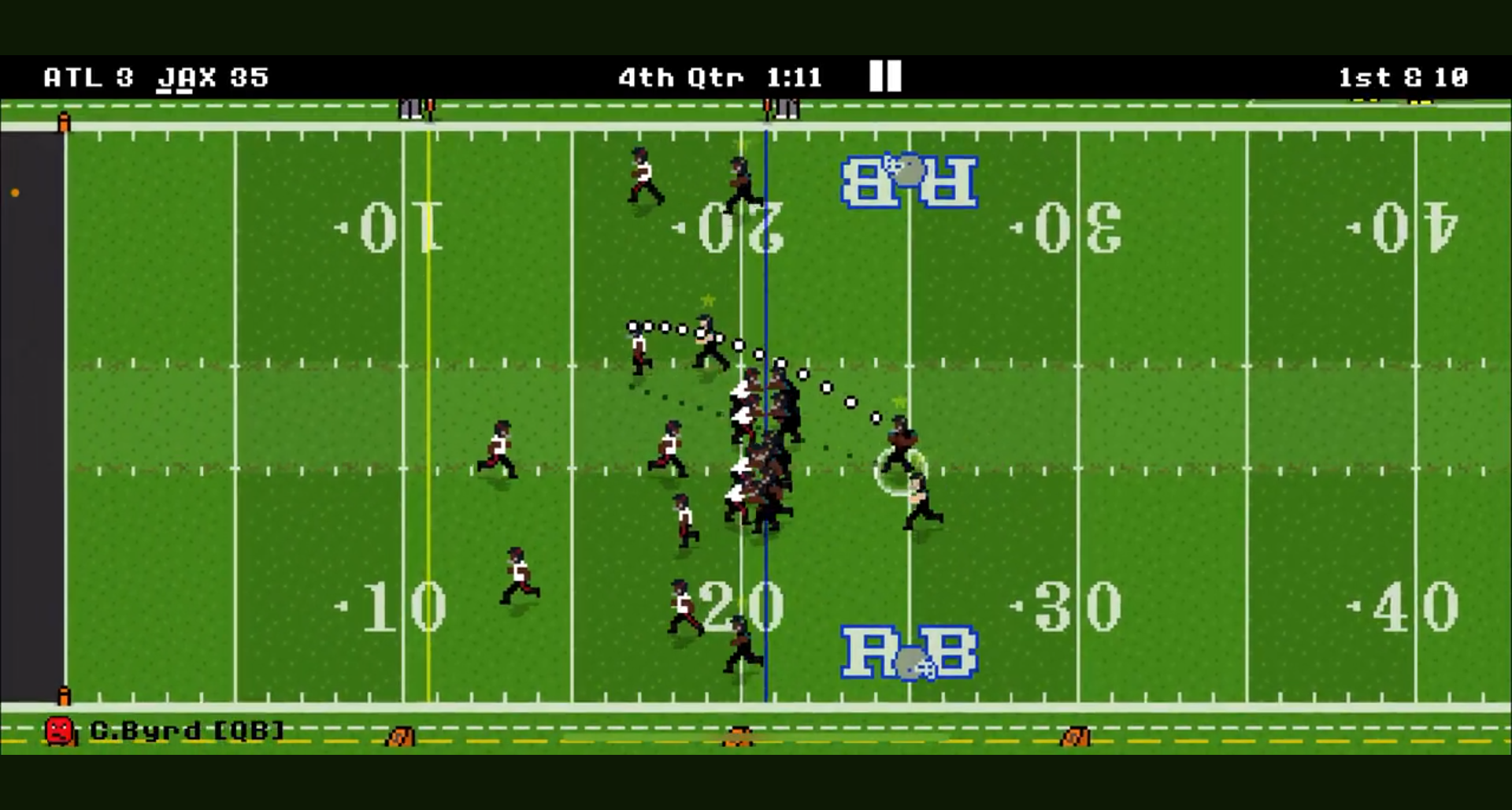In the exciting world of Retro Bowl, team strategy plays a significant role in securing victories, and one position that stands out as vital to that strategy is the kick returner. A superb kick returner not only enhances your team’s chances of scoring but also significantly impacts overall field position, making the choice of who fills this role crucial to your success. This article serves as a thorough guide on how to choose your kick returner in retro bowl, illustrating all the key elements that help you select the best player for your needs.
Understanding the Role of a Kick Returner
Definition and Importance
A kick returner is the player responsible for receiving kickoffs and attempting to advance the ball as far as possible. This role is critical in Retro Bowl as it sets up your offense with favorable field positions, potentially leading to increased scoring opportunities. A skilled kick returner can turn the tide of a game, providing momentum and energy crucial for a winning strategy.
Key Attributes of an Effective Kick Returner
To excel as a kick returner, an athlete must possess several key attributes:
- Speed and Agility: The ability to accelerate quickly and maneuver around defenders is fundamental.
- Vision and Awareness: The best returners can read the field, spotting openings and anticipating the moves of defenders.
- Ball-Handling Skills: A great kick returner must securely catch the ball and maintain possession.
- Decision-Making Under Pressure: Assessing situations rapidly to decide whether to advance the ball or take a knee is imperative.

Evaluating Player Stats
Key Metrics to Consider
When analyzing potential kick returners for your team, you’ll need to focus on relevant statistics:
- Kick Return Yards: Total distance returned provides insight into a player’s effectiveness.
- Return Touchdowns: The ability to score on returns is a clear measure of skill.
- Average Yards Per Return: This metric helps assess consistency and overall performance.
- Fumbles and Turnovers: Minimizing turnovers is key, as losing possession can be detrimental.
Comparing Players
Utilizing tools within Retro Bowl for comparing player stats can help identify the best candidates for the kick returner role. Pay attention to team stats as well, including offense and defense performance, to get a comprehensive overview of how a player might contribute in various situations.
Analyzing Player Traits
Physical Traits
Physical attributes play a significant role in identifying effective kick returners:
- Importance of Speed and Acceleration: Quickness can set a player apart on the field, allowing them to evade tackles or find gaps.
- Height and Weight Considerations: Finding the right balance ensures the player can withstand physical confrontations while maintaining agility.
Skillset Evaluation
A comprehensive analysis of a kick returner’s skillset is essential:
- Agility: The capacity to change directions swiftly can make a significant difference in a return.
- Elusiveness: The ability to evade defenders without losing speed can lead to explosive plays.
- Catching Ability: A good returner must handle the ball confidently, especially under pressure.
Examining Game Situations
Different Types of Returns
Understanding the nuances of kick returns is essential:
- Kickoffs Versus Punts: Each scenario requires different skill sets and strategies.
- Sit or Go: Recognizing when to take the ball out versus kneeling can change the game dynamics.
Game Strategy Implications
Your kick return strategy should adjust based on your opponent’s strengths and weaknesses:
- Importance of Kick Return Strategy: Tailoring your approach based on opponents can yield better results.
- Adjustments Based on Time and Score: As time runs low or if trailing, aggressive returns may be necessary.
Team Dynamics and Chemistry
Player Synergy
The ability of the returner to work alongside blockers is paramount:
- Importance of Teamwork: Cohesion between returners and blockers is essential for successful returns.
- Working Under Pressure: Players must remain calm and communicate effectively during high-stress returns.
Coaching Strategies
Aligning your kick return strategy with your overall coaching philosophy can lead to improved outcomes:
- Aligning Kick Return Strategy: Your approach should reflect your team’s strengths and capabilities.
- Adapting to Player Strengths: Customization of your strategy based on individual player skills will foster better results.

Conclusion
In summary, selecting the right player for the kick returner role can have a significant impact on your team’s performance in Retro Bowl. Follow the tips and strategies outlined here for evaluating players, understanding their stats and skills, and incorporating game dynamics into your selection process. Remember, the most effective returner can turn a game around with a single play.
Additional Resources
Recommended Tools and Apps
To further enhance your gameplay, consider using analytics tools specific to Retro Bowl which can provide in-depth insights about players. Participating in community forums like Retro Bowl World can also allow you to connect with fellow enthusiasts to share valuable tips and strategies.
Further Reading
For more insights on kick return strategies in Retro Bowl, check out articles and guides on platforms like Temporary Football Coaching or Sportstalks.
| Attribute | Importance | Key Metrics |
|---|---|---|
| Speed | Essential for evading tackles and advancing | Kick Return Yards, Average Yards per Return |
| Agility | Ability to change direction quickly | Return Touchdowns, Fumbles |
| Vision | Critical for reading the field | N/A |
| Decision Making | Needed under pressure | Sit or Go decision effectiveness |

FAQs
- 1. What statistics should I focus on when choosing a kick returner? Look for kick return yards, return touchdowns, and average yards per return for a holistic view of performance.
- 2. How does game strategy affect the choice of kick returners? Different opponents may require tailored strategies to maximize the effectiveness of your returner.
- 3. How can physical traits influence kick return success? Speed, balance, and durability are vital; players that excel physically are more likely to perform well.
- 4. Why is teamwork important for a kick returner? A successful return depends on effective coordination between the returner and blockers.
- 5. What should I consider during in-game decision-making? Be aware of game situation, score, and time remaining to optimize return strategies.
- 6. Are there tools available to help analyze potential players? Various apps and websites specialize in performance analytics to help you make informed choices.